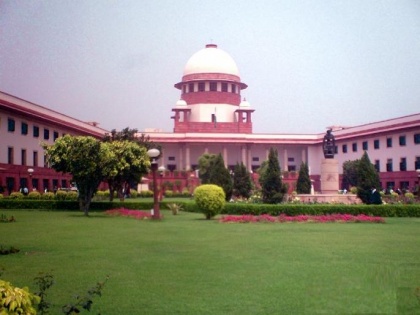Daughters entitled to equal property rights even if their father died before 2005
By Lokmat English Desk | Published: August 11, 2020 02:44 PM2020-08-11T14:44:14+5:302020-08-11T14:44:28+5:30
The Supreme Court on Tuesday rule in favour of rights of daughters to have a share in a Hindu ...

Daughters entitled to equal property rights even if their father died before 2005
The Supreme Court on Tuesday rule in favour of rights of daughters to have a share in a Hindu Undivided Family (HUF) property.Settling the disputed question of law, a three-judge bench headed by Justice Arun Mishra ruled in favour of rights of daughters to have a share in a Hindu Undivided Family (HUF) property. The court held that daughters' rights are absolute after the amendment and that she would have the right of inheritance irrespective of whether the father was alive at the time of the amendment or not.
The verdict sets aside the series of previous judgments by the top court that she would have the coparcenary right only if both the father and the daughter were alive as on September 9, 2005 when the amendment was notified. In November 2015, the court had said that a daughter's right to ancestral property does not arise if the father died before the amendment to Hindu law came into force in 2005. On September 9, 2005 the landmark amendment to The Hindu Succession Act of 1956, which originally denied women the right to inherit ancestral property ruled that a Hindu woman or a girl will have equal property rights along with her male relatives for any partition made in ancestral property.